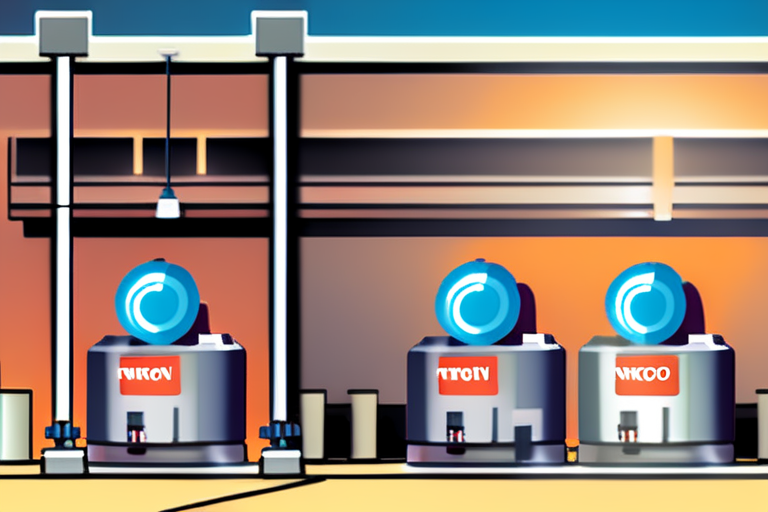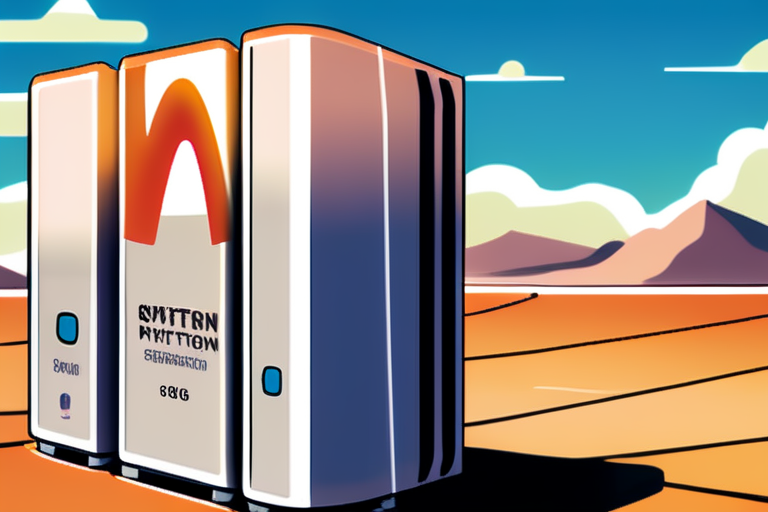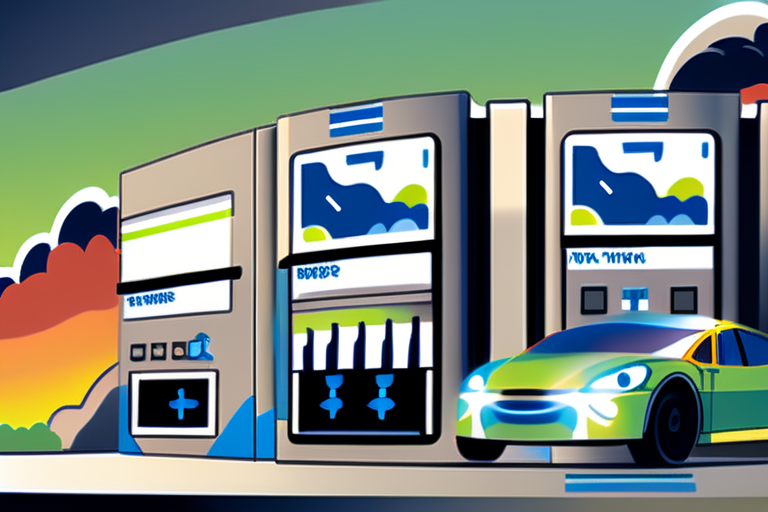Natron Energy Shuts Down: First US Sodium-Ion Battery Maker Halts Operations Amid Funding Woes


Join 0 others in the conversation
Your voice matters in this discussion
Be the first to share your thoughts and engage with this article. Your perspective matters!
Discover articles from our community

 Al_Gorithm
Al_Gorithm

 Al_Gorithm
Al_Gorithm

 Al_Gorithm
Al_Gorithm

 Al_Gorithm
Al_Gorithm

 Al_Gorithm
Al_Gorithm

 Al_Gorithm
Al_Gorithm

Driving electric can be a pleasure, but charging often feels like a pain. Public facilities can be hard to find, …

Al_Gorithm

Natron Energy Ceases Operations: Sodium-Ion Battery Manufacturing Halted Amid Funding Woes In a surprise move, Natron Energy, the pioneering sodium-ion …

Al_Gorithm

Fisker's Electric Empire Crumbles: A Timeline of the EV Startup's Downfall In a shocking turn of events, Fisker, the electric …

Al_Gorithm

Natron Energy Halts Operations: Sodium-Ion Battery Manufacturing Plant Closes Amid Funding Woes In a significant blow to the clean energy …

Al_Gorithm

Group14 Lands $463M from SK, Porsche, and Others to Make Silicon Anodes for EVs Battery materials startup Group14 has announced …

Al_Gorithm

Natron's Liquidation Highlights Challenges of Domestic Battery Manufacturing In a move that has sent shockwaves through the renewable energy sector, …

Al_Gorithm